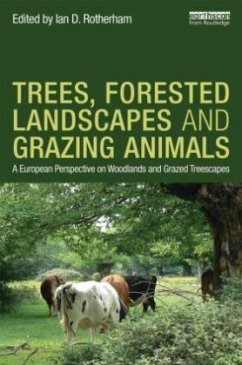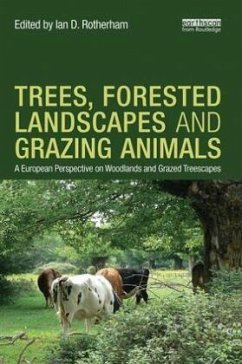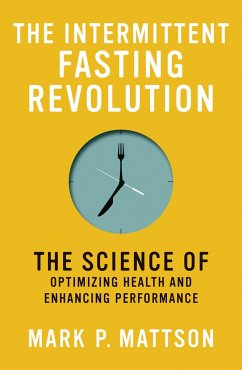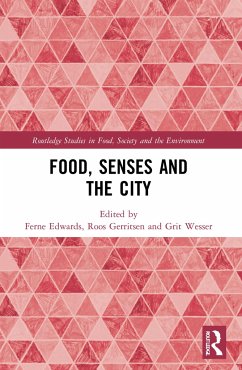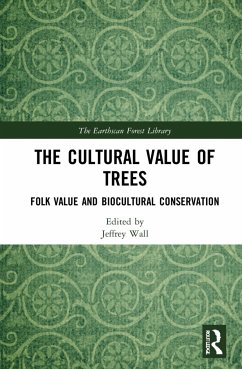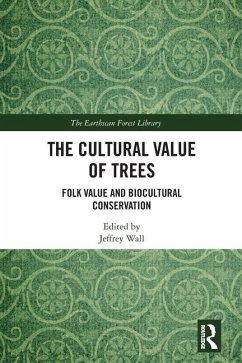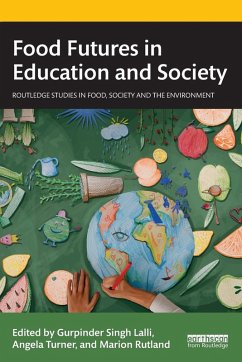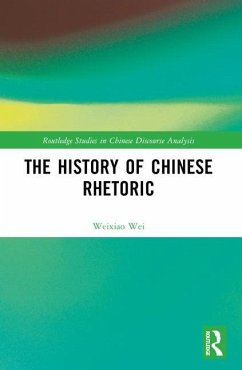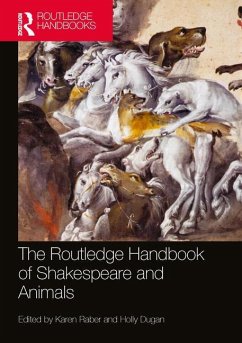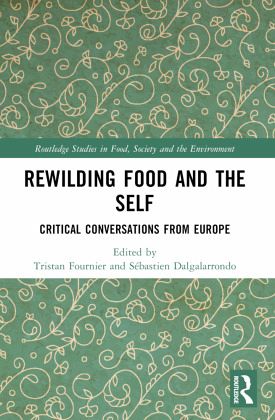
Rewilding Food and the Self
Critical Conversations from Europe
Herausgegeben: Fournier, Tristan; Dalgalarrondo, Sébastien

PAYBACK Punkte
22 °P sammeln!
This volume contributes to the return to nature movement that is very much in vogue in contemporary European societies, by examining the place of food and eating in the "rewilding" process.It is divided into three parts, each of which consists of conversations between social scientists, with fieldwork collected from across Denmark, Finland, France, Italy, Norway and Switzerland. The first part focuses on the ways in which the hunter-gatherer livelihood has been transformed into a resilient, simpler and ecological way of life. It is dedicated to hunting and identifies the contexts in which larg...
This volume contributes to the return to nature movement that is very much in vogue in contemporary European societies, by examining the place of food and eating in the "rewilding" process.
It is divided into three parts, each of which consists of conversations between social scientists, with fieldwork collected from across Denmark, Finland, France, Italy, Norway and Switzerland. The first part focuses on the ways in which the hunter-gatherer livelihood has been transformed into a resilient, simpler and ecological way of life. It is dedicated to hunting and identifies the contexts in which large wild game meat is consumed and the reasons why such a product is still valued today. The second part shows how some practices that aim to reconnect with natural processes are developing within a market economy. Case studies on natural wine and fasting retreats help us to identify the promises that producers and promoters are relying on in order to disseminate them. Finally, thethird part considers how this process of rewilding food is expressed in post-modernity. By focusing on two normative frameworks in which the rhetoric of the wild is mobilized although it is not expected to be in these terms - urbanity and the gender order - the goal is to understand the extent to which referring to the wild in food discourses and practices contributes to challenging our identities, and to creating possible forms of emancipation.
This book will be of great interest to students and scholars interested in food cultures, human nature relationships, and sustainable diets.
It is divided into three parts, each of which consists of conversations between social scientists, with fieldwork collected from across Denmark, Finland, France, Italy, Norway and Switzerland. The first part focuses on the ways in which the hunter-gatherer livelihood has been transformed into a resilient, simpler and ecological way of life. It is dedicated to hunting and identifies the contexts in which large wild game meat is consumed and the reasons why such a product is still valued today. The second part shows how some practices that aim to reconnect with natural processes are developing within a market economy. Case studies on natural wine and fasting retreats help us to identify the promises that producers and promoters are relying on in order to disseminate them. Finally, thethird part considers how this process of rewilding food is expressed in post-modernity. By focusing on two normative frameworks in which the rhetoric of the wild is mobilized although it is not expected to be in these terms - urbanity and the gender order - the goal is to understand the extent to which referring to the wild in food discourses and practices contributes to challenging our identities, and to creating possible forms of emancipation.
This book will be of great interest to students and scholars interested in food cultures, human nature relationships, and sustainable diets.




